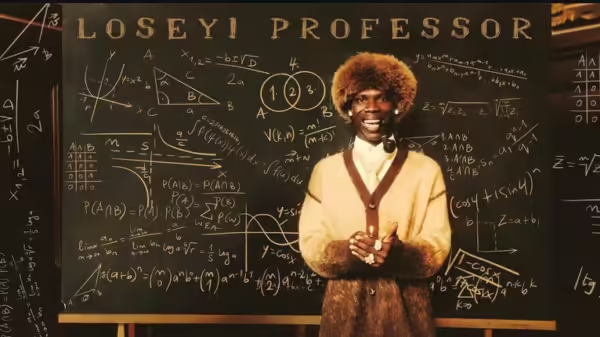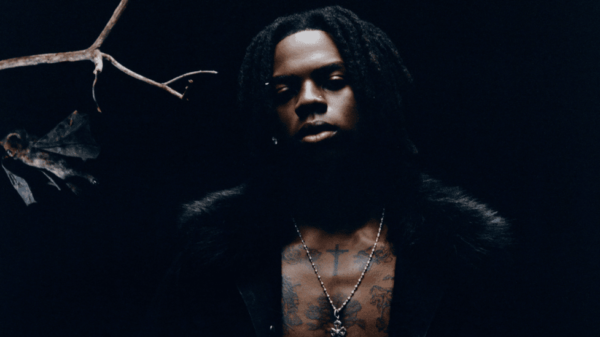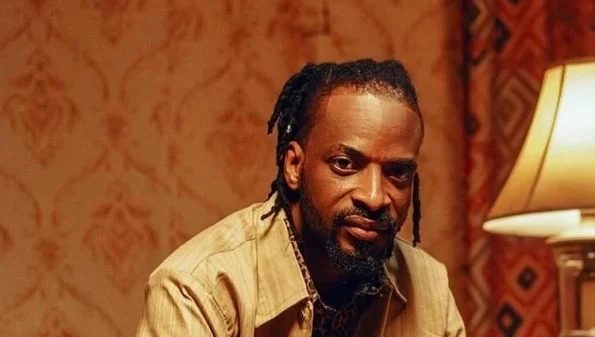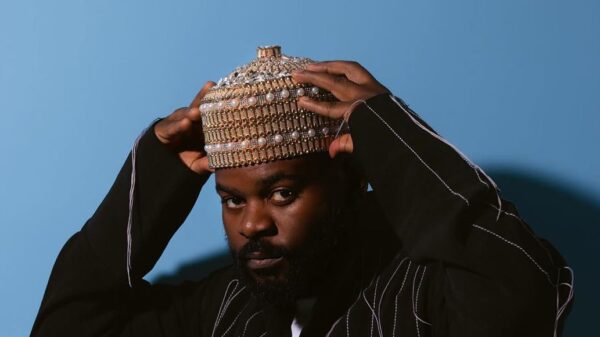Popular Nigerian rapper and activist Falz, real name Folarin Falana, has once again stirred up conversation, and this time, it’s deeply controversial.

The rapper took to X (formerly Twitter) to share a blunt, one-line opinion:
“Fornication is not a sin.”
The post, though brief, hit a nerve across social media, igniting a flurry of reactions from Nigerians across various platforms, especially among the religious community.
Falz, known for his bold takes and activism, directly challenged a long-held Christian belief by questioning whether premarital sex, commonly referred to as fornication, is truly a sin.
While some followers praised him for being bold and questioning religious dogma, others were deeply offended, citing Biblical scriptures and expressing concern over the moral implications of his statement.
Many users, especially those with religious leanings, pushed back hard:
“Fornication is a sin. FLEE!”
“I’m shocked to see this kind of tweet from a lawyer himself. May God have mercy.”
“No wonder you no gree marry”
Others accused him of clout chasing, while some tried to educate him with biblical references like 1 Corinthians 6:18, which reads:
“Flee fornication. Every sin that a man doeth is without the body, but he that committeth fornication sinneth against his own body.”
However, not all reactions were negative. A few users agreed with Falz’s perspective, suggesting that some moral teachings have been overly rigid or culturally imposed:
“Many things are not ACTUALLY sins, we’ve just been misled.”
“It’s not a sin, but disobedience to God’s commandment. There’s a difference.”
Falz’s tweet may have been brief, but it tapped into a much larger conversation about morality, religion, and personal freedom. His stance challenges the traditional Christian narrative and invites a fresh wave of debate around how sin is defined, and who gets to define it.
As with many of his public statements, Falz has managed to get people talking. Whether you agree or not, he’s certainly succeeded in pushing the boundaries of conversation in a society where certain topics remain taboo.
What’s your take:
Is Falz challenging outdated beliefs or crossing a line?



































